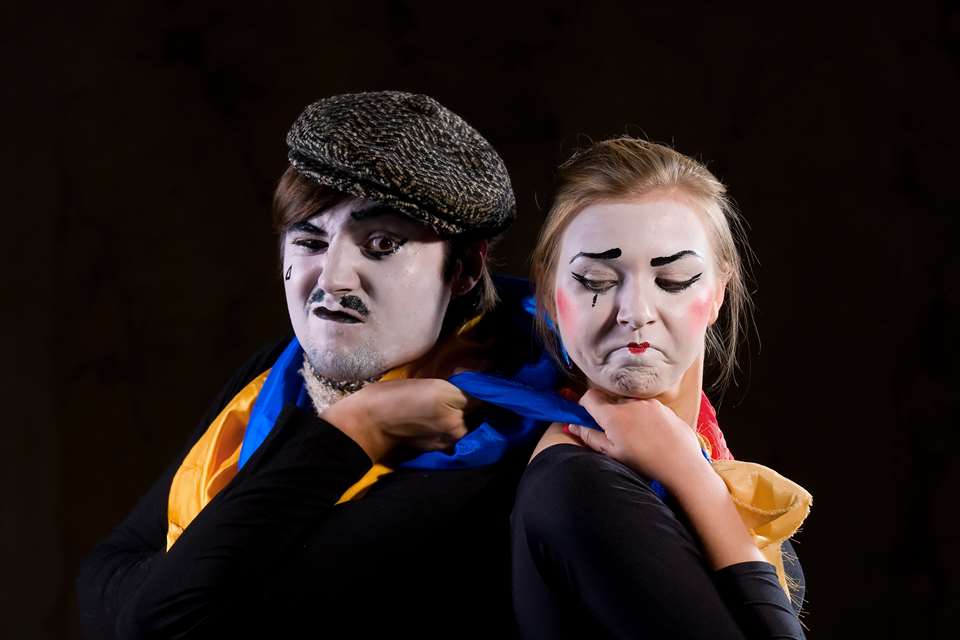Opinion with Lucy Rix
Lucy Rix
Monday, May 1, 2023
Why audio description and captioning shouldn’t just be for visually impaired audiences.

LUCY RIX
Undoubtedly one of the trickiest parts of formal Drama exams is the response to live theatre. As a teacher I’d always found it hard to help students prepare, but nothing prepared me for preparing students with little or no sight to answer questions for this part of the exam.
How exactly do you analyse and evaluate production design choices such as use of costume or lighting if you cannot see either of those things? Luckily, touch tours and audio description exist for larger-scale tours and productions, with some smaller-scale shows beginning to offer them as well.
For those not familiar with how a touch tour works, it is nearly always offered on the day of an audio described performance. Those booked on the tour will arrive early, and be given the opportunity to explore props, costumes and staging at close range on stage. The beauty of this is the ability to get a sense of how the design elements work together with all their small details and, if you’re really lucky then the actors themselves will talk you through their costumes and props. The best bit about this if you’re visually impaired is that you can then connect the actors’ voices to their costumes when you’re watching the production. Add to this the audio description (delivered by highly trained describers who are fantastically skilled), then you have a true opportunity for a visually impaired audience to connect fully with the performance.
The downside is that there are very few touch tours and audio described performances available within a show’s schedule. Part of this is to do with cost, timings and the fact that those with visual impairment form a very small majority of the audience. However, this kind of ‘up close’ experience would also benefit other students who might struggle with theatre etiquette, providing them with a more tailored theatrical experience.
Relaxed performances for those with learning difficulties, autism or sensory difficulties are common these days, as are the use of captions. However, if loud effects are minimised and theatre rules are relaxed then might this not suit more young theatre goers in general? Perhaps accessible theatre is the way to prepare for live theatre responses? With the house lights up slightly, there’s no need to try and make notes in the dark, and captions are great for helping students to remember key moments.






